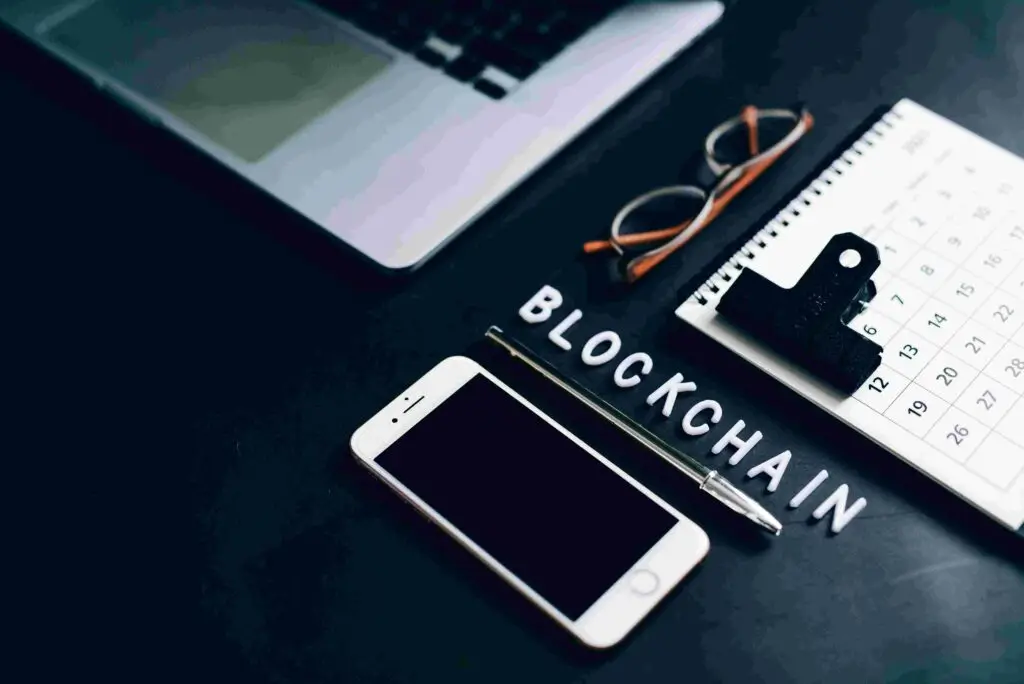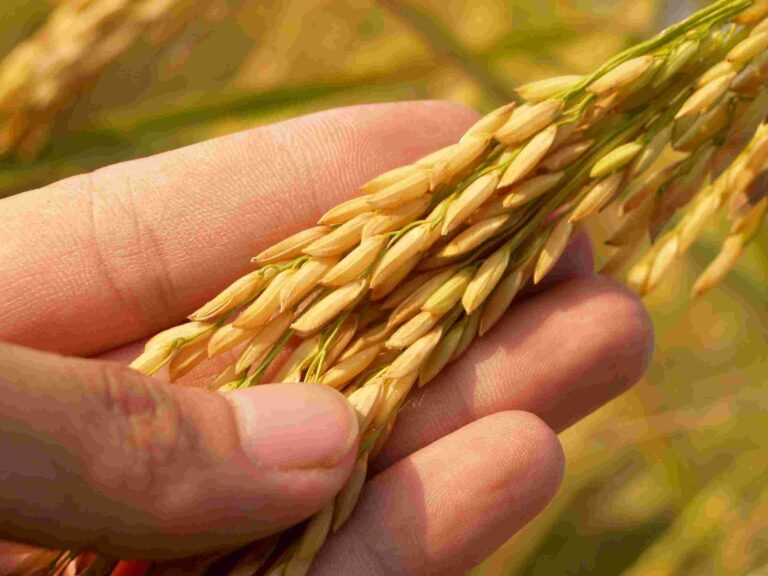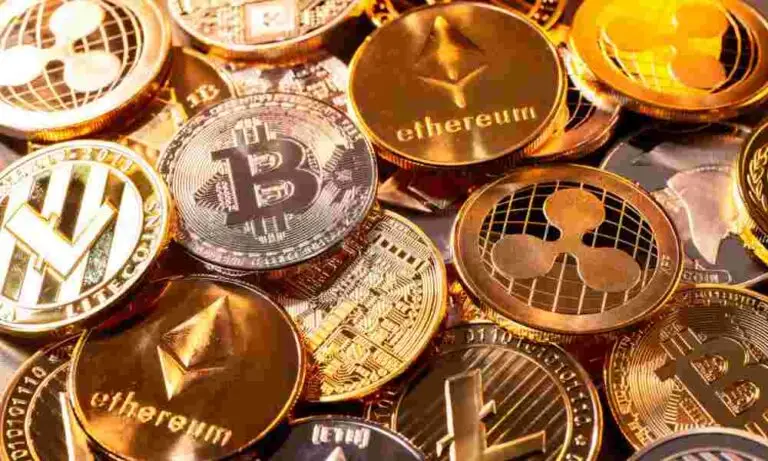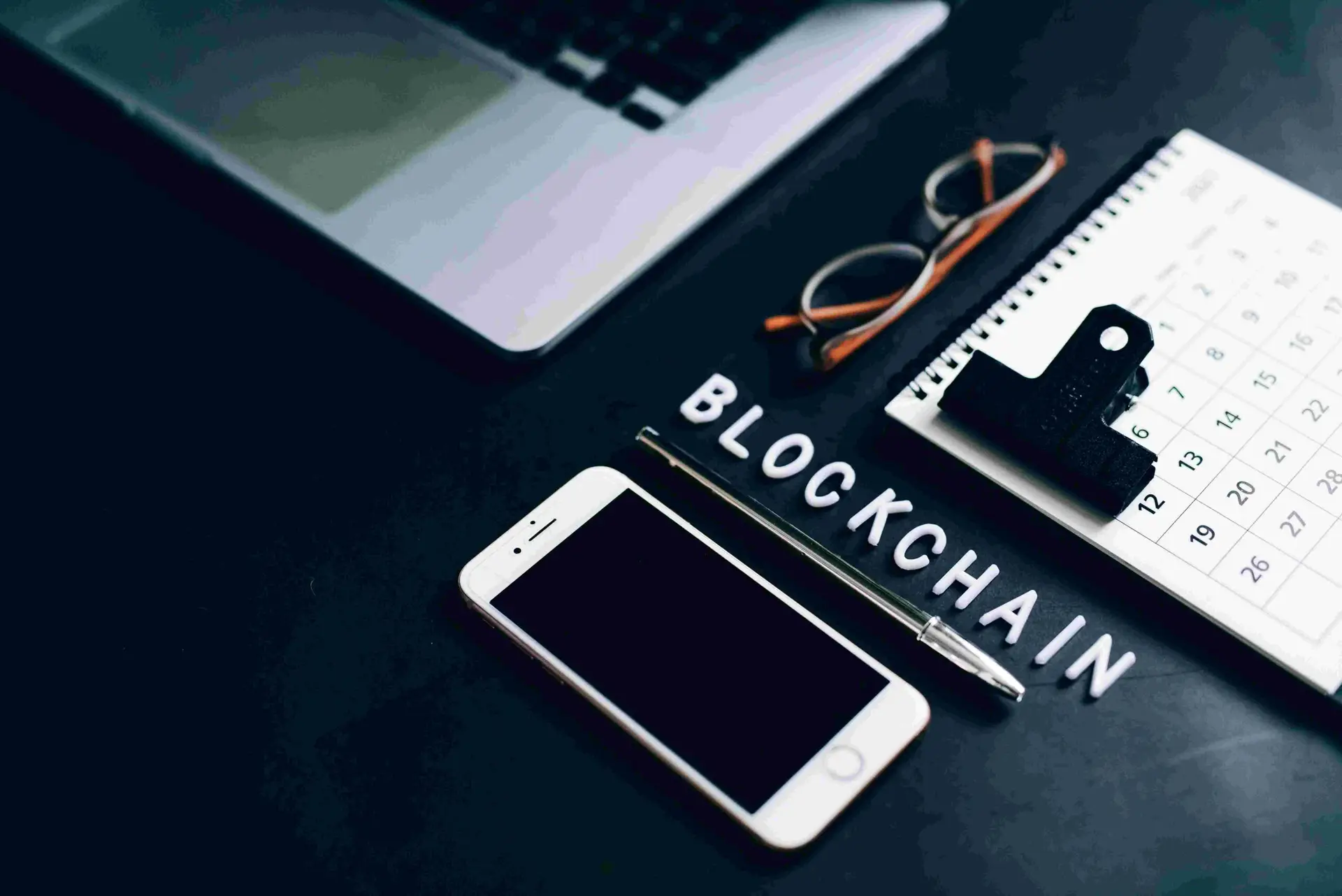What is Blockchain technology

A shared, digital record book where information (like transactions) is grouped into “blocks” and added chronologically to a “chain.” Each block is linked and secured, making it tamper-proof and transparent.
let’s explain it Imagine the internet, right? It lets you share information with anyone, anywhere, without needing to ask a company like a phone company for permission every time. Bitcoin is trying to do the same thing for money!
Think of Bitcoin as digital cash that can be sent and received over the internet, straight from person to person. You just need a computer or phone and internet.
Now, what’s so special about it? Well, usually, if you want to send money online, you have to trust a middleman, like a bank. The bank keeps track of who has what. But Bitcoin is different. It works without any single company or bank in the middle.
It uses something called a “public digital notebook” – that’s the blockchain we talked about before. Everyone can see this notebook, and when someone sends Bitcoin to someone else, it’s like making a new entry in this public notebook. Anyone can add a new entry (a transaction) to this notebook, showing that some Bitcoins have moved.
Because it’s public, anyone, no matter where they’re from, what they believe, or how good their credit is, can create a “Bitcoin address” – like a digital mailbox – to receive money online without paying any fees to sign up. So, Bitcoin is like the world’s first money that’s open to everyone globally.
Is it perfect? Not yet! Just like the internet wasn’t perfect when it first started. Not everyone uses Bitcoin yet, and its value can go up and down. But the fact that it works without needing to trust a middleman is a huge deal. It’s a big breakthrough in computer science and could be as important for our freedom and how we do things as the invention of the internet.
And Bitcoin is just the beginning! If we can create this kind of open system for payments, maybe we can do it for other important things too, instead of relying on big companies.
Why bother? Well, these big companies that handle our money and other important stuff are getting bigger and more powerful. And when they mess up, it can cause big problems for a lot of people. For example, millions of people had their private information stolen because of a problem with one big company. Banks can get hacked, and even things connected to the internet, like medical devices and cars, can be vulnerable if they rely on these single powerful companies.
Bitcoin and the idea behind it – creating open, public systems – can help fix this by not having a single point of failure. Just like the internet gave us many ways to share information instead of just a few TV channels or newspapers, these new technologies can give us more options for managing our money and other important things, making them more secure and open to everyone. It’s like building better, more open roads for our digital lives!
Revolutionizing Trust and Efficiency: How Blockchain is Transforming Healthcare

Secure and Traceable Medical Records:
How blockchain can create tamper-proof and easily accessible patient records, improving data security and interoperability between different healthcare providers.
Enhanced Patient Identification and Security:
Discussing how blockchain could streamline patient identification processes while bolstering data privacy and preventing fraud.
Improved Supply Chain for Pharmaceuticals:
Examining how blockchain can track the journey of medications, ensuring authenticity and preventing counterfeit drugs from entering the supply chain.
Streamlined Insurance Processes:
Exploring the potential for blockchain to automate and simplify insurance claims, reducing administrative burdens and improving transparency for patients and providers.
Research and Data Sharing:
Discussing how blockchain could facilitate secure and ethical sharing of research data, accelerating scientific advancements.
Seamless Journeys and Secure Transactions: Blockchain's Impact on the Future of Travel

Secure and Traceable Payments:
Highlighting how blockchain can simplify and secure payments in the travel industry, including cryptocurrency adoption and reduced transaction costs for businesses.Enhanced Identification and Security for Travelers:
Discussing blockchain’s potential for seamless identity verification at airports and hotels, reducing waiting times and improving security.Revolutionizing Customer Loyalty Programs:
Exploring how blockchain-based digital tokens can create more flexible, secure, and universally usable loyalty rewards for travelers.Efficient Baggage Tracking and Logistics:
Examining how blockchain can provide a transparent and shared system for tracking luggage, minimizing loss and improving the overall travel experience.Decentralized Booking Platforms:
Discussing the emergence of blockchain-based marketplaces that connect travelers directly with hotels and other service providers, potentially reducing commission fees and increasing transparency.
Use of blockchain in agriculture industry:

Imagine a super secure, shared notebook where every step of a food product’s journey is written down. That’s kind of what blockchain does for agriculture.
One big deal is making sure what you’re buying is the real deal – what we call product authenticity. Think about knowing exactly where your fruits, vegetables, or meat came from and that it’s not a fake. Blockchain helps with this by creating a record that can’t be easily changed, so you can trust that your groceries are genuine. This fights food fraud and keeps everyone honest, from the growers to the stores.
Another awesome thing is traceability. With blockchain, you can follow your food like a detective! It keeps track of a product’s ID and its order ID, so you can see its whole story. This tracking follows the food supply chain all the way from the seed companies that start it, through the farmers, the people who transport it, and finally to the retail shops where you buy it. You can see exactly where your food has been!
So, basically, blockchain technology is making the agriculture industry safer and more secure for everyone. It helps us know our food is real (authenticity) and lets us follow its journey from the very beginning to the end (traceability). This is a big win for consumers who want to know where their food comes from and for businesses who want to build trust. It’s all about making the food chain more transparent and reliable!
The Secure Engine Powering Cryptocurrencies

Ever wondered how cryptocurrencies like Bitcoin stay secure? The answer lies in a technology called blockchain. Think of it as a special kind of digital notebook, a ledger, that keeps track of all cryptocurrency transactions. But it’s not just any notebook – it’s designed to be incredibly safe and transparent.
Here’s the basic idea:
Blocks of Transactions:
Imagine each page in the notebook representing a “block.” This block contains a bunch of cryptocurrency transactions, like records of who sent how much to whom.Unique Fingerprints:
Each page (block) also gets a unique “fingerprint,” a special code called a hash. This hash is like a digital ID for that specific block and all the transactions inside it.Linking the Pages:
What makes it even more secure is that each page also includes the “fingerprint” (hash) of the page before it. It’s like a chain where each link is connected to the previous one. This creates the “blockchain” – a chain of blocks.Tamper-Proof:
If someone tries to change any information on a page (in a block), even a tiny detail, the “fingerprint” (hash) of that page will change. And because the next page includes that fingerprint, it also becomes invalid. This means changing one transaction would require changing all subsequent blocks in the chain.Everyone Has a Copy:
To make it even harder to cheat, many people all over the world have a copy of this digital notebook (blockchain). So, if someone wanted to fake a transaction, they wouldn’t just need to change their copy; they’d have to change most of the copies on everyone’s computers at the same time!
This system makes fraudulent transactions extremely difficult. It’s like trying to rewrite history when everyone has a copy of the original book! Because of this, blockchain provides a secure and reliable way to manage cryptocurrency transactions.

